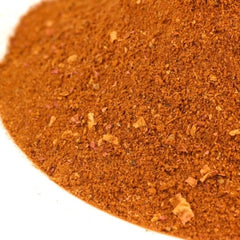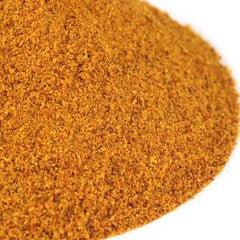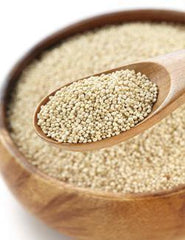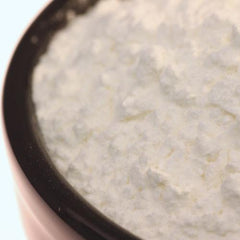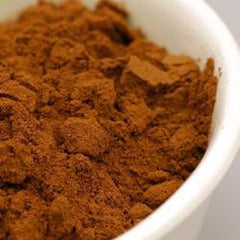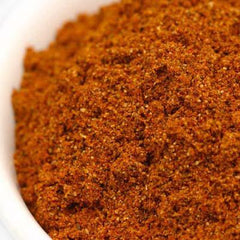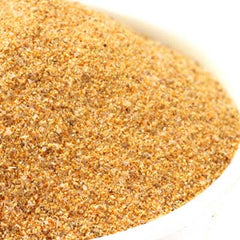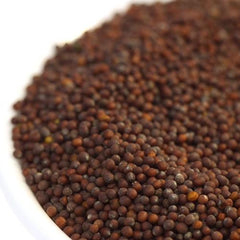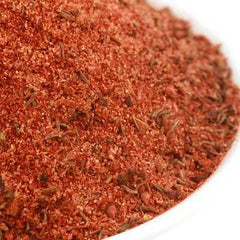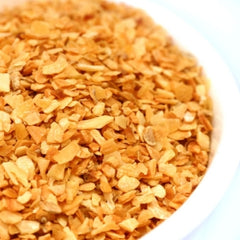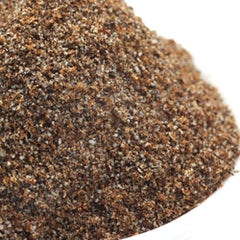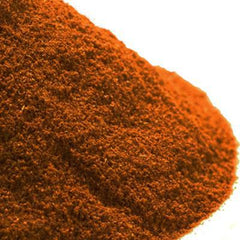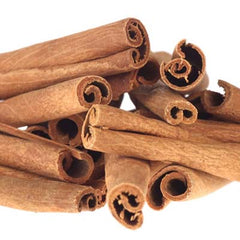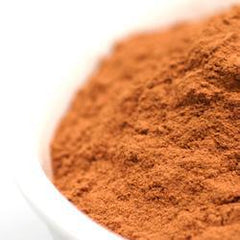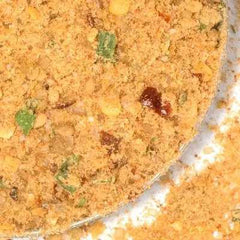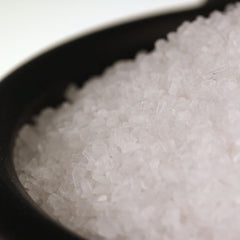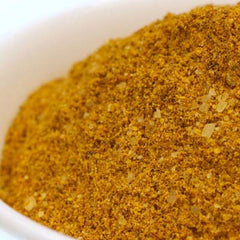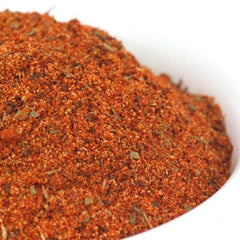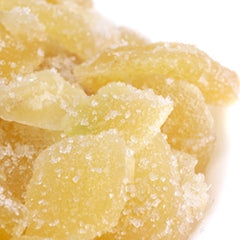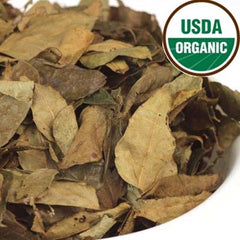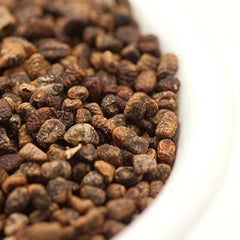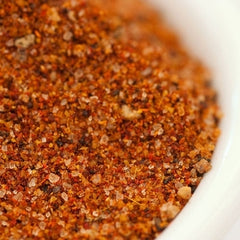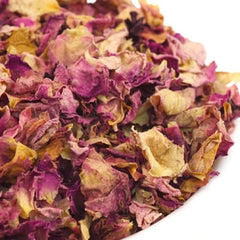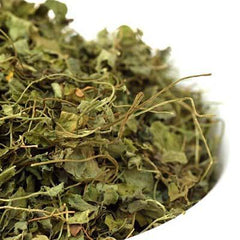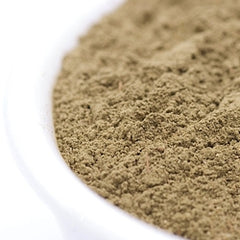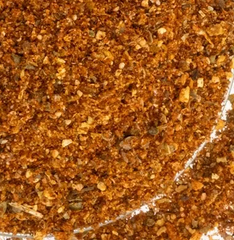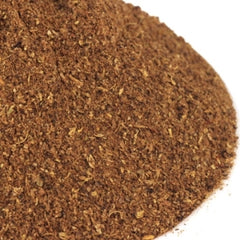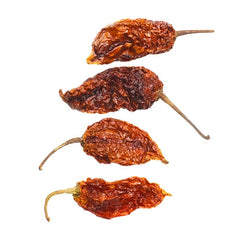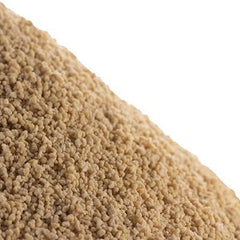Categories
- Cookware
- Bakeware
- Cutlery
- Coffee Machines and Accessories
- Smoked Cocktail and Food Tools
- Personal Care
- Wellness Mats
- Made In
- Kettles
- Greeting Cards
- Kikuichi Cutlery
- Marcato
- Smithey Ironware
- Cheese
- Funky Chunky
- Millican Pecan
- Porter Road
- Xocolatl Small Batch Chocolates
- Heritage Steel
- Middleton Made Knives
- Diabetic Kitchen
- Chocolates
- Water Filtration Systems
- Copper State Forge
- Preparation, Organization & Storage
- Butcher Block/Cutting Boards
- Textiles, Towels and Aprons
- Fruit & Vegetable Tools
- Food
- Artisanal Spice Shop
- Brining, Basting & Roasting
- Tongs
- Cleaning & Sanitizing
- Spatulas & Turners
- Smoked Food Tools
- Ceramic & Glass
- Cheese Brothers
- Asheville Tea Company
- Coffee
- Specialty Tools
- Wine & Bar Accessories
- Seafood Tools
- Chocolates
- Coffee Makers
- Coffee & Tea Accessories
- Ladles, Whisks & Spoons
- Bitters & Mixers
- Grilling
- Measuring Cups & Spoons
- Serving Tools
- Zesters & Graters
- Coasters & Magnets
- Openers, Funnels & Strainers
- Oil & Vinegar
- Scales
- Temperature & Time
- Salt and Pepper Mills, Storage & Shakers
- Kitchen Appliances
- Bowls
- Flavoring & Food Coloring
- Vitamix
- Egg & Butter Tools
- Chef Apparel
- Anti-Fatigue Mats
- Jura
- Leather Accessories
Featured posts
Organic Coconut Sugar (ounce)
When you think of sugar you probably think of the white stuff in the jar on your kitchen counter, the dust on sour neon gummy worms, or even the reason we all should brush our teeth at least twice a day. This is the refined sugar of modernized foods. Enter coconut sugar, the unrefined sweetener that's rapidly gaining popularity all over the world.
Coconut sugar, which comes from the coconut palm or Cocos Nucifera, is a sugar derived from the sap of the flowers of the coconut tree. There are also no bleaching agents introduced in the production of this sugar, so the natural color remains. This is vastly different from white sugar which undergoes extensive bleaching to obtain that recognizably brilliant, uniform color. Coconut sugar is considered a raw sugar because it does not endure any of the heavy processing that white sugar goes through.
The flavor of coconut sugar is reminiscent of light brown sugar, with caramel-like undertones. Coconut sugar can replace table sugar in a 1:1 ratio. Stevia is a sweeter, lower calorie alternative to coconut sugar, and cooks similarly.
This sugar is a star player in Thai and Vietnamese cooking. Yellow curry with chicken and rice is a flavor rich Thai dish that features two tablespoons of coconut sugar in the standard recipe. There is an excellent vegetarian friendly recipe here for Vietnames spinach wraps with a coconut sugar syrup sauce to dip them in.




